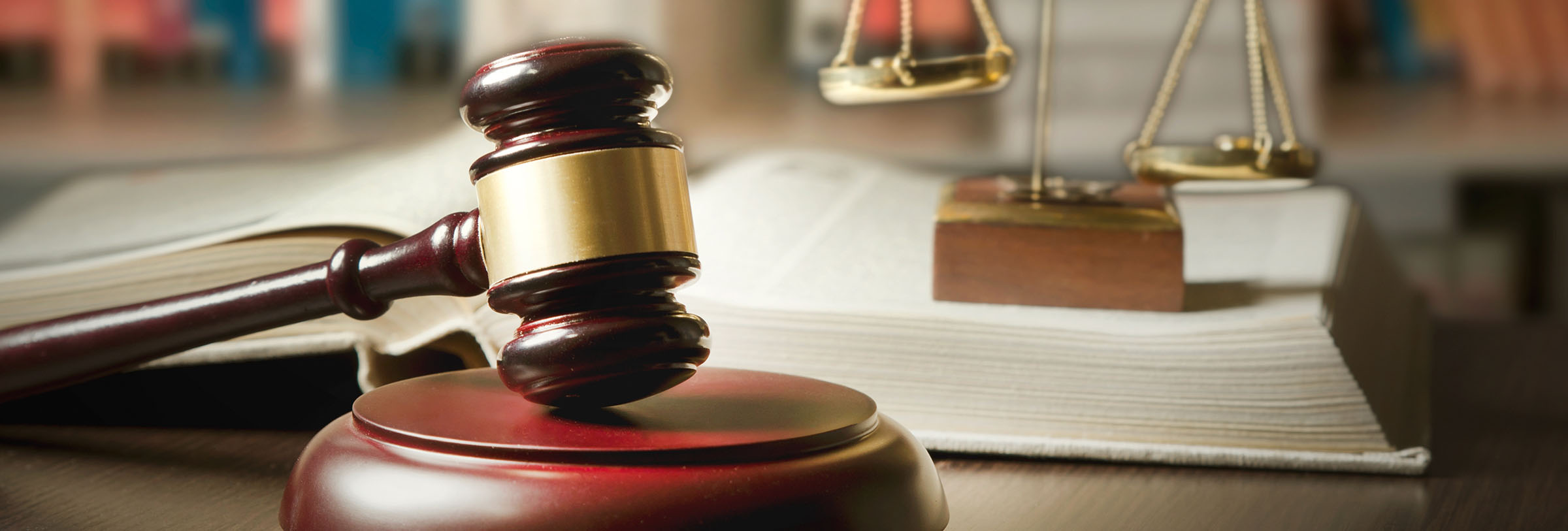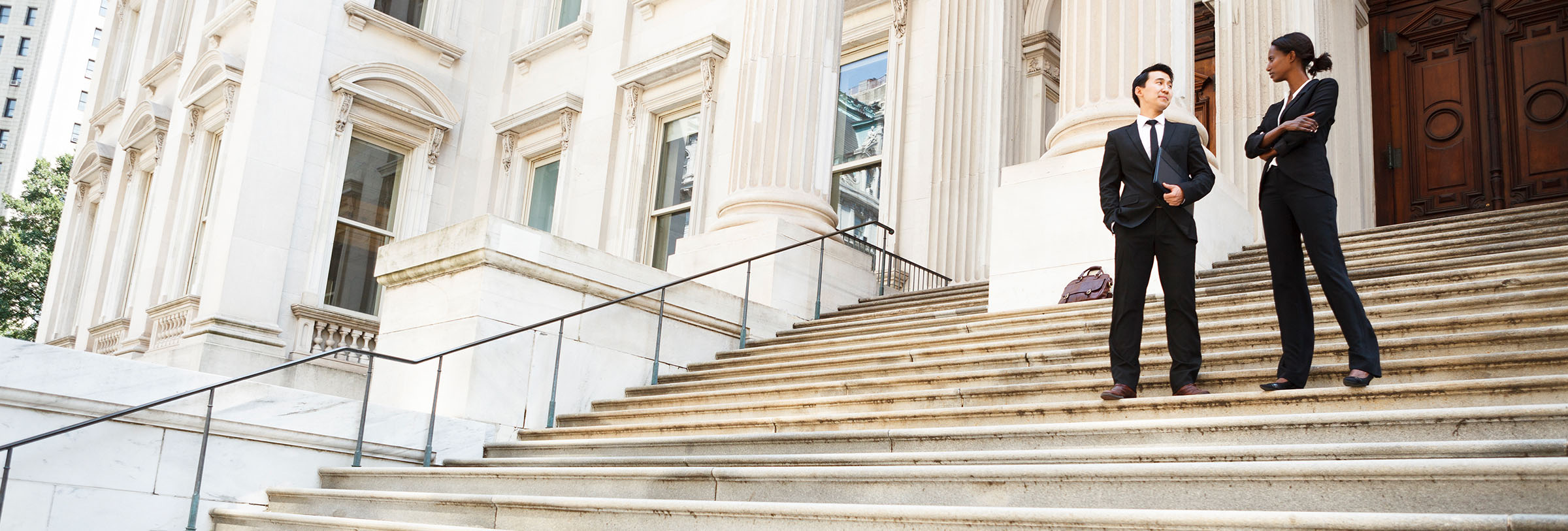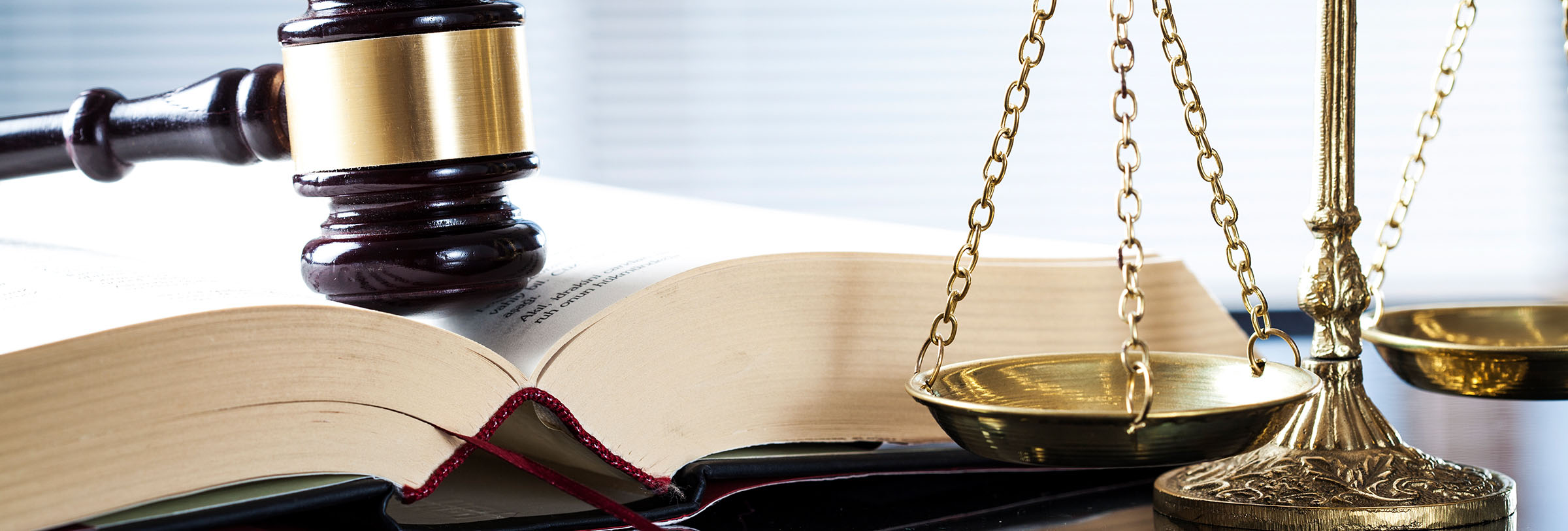In a personal injury law suit based upon New Your State Labor Law, an injured worked alleged serious injuries to both legs and back after a 1500 lb glass window fell from a flatbed truck on top of him. DSB first obtained a successful risk transfer for our client, the landowner, to a contractor and then obtained a stipulation of discontinuance from Plaintiff without payment as part of a multi-million dollar settlement.
Category: Firm News
August 1, 2022
The partners of Devitt Spellman Barrett, LLP are pleased to announce that, as a result of her hard work and dedication to the firm, Christi Kunzig has been named contract Partner. Ms. Kunzig has a tremendous track record of wins on motions for summary judgment and appeals on cases involving premises liability, labor law and municipal law. Ms. Kunzig joined the firm as an Associate in 2019.
July 13, 2022
DSB prevailed on appeal in a personal injury action against a commercial tenant. Plaintiff was allegedly injured when she tripped and fell over a restaurant’s sidewalk sign. The Appellate Division, Second Department, unanimously affirmed the Supreme Court, Queens County, orders dismissing plaintiff’s complaint and finding the sign to be open, obvious and not inherently dangerous as a matter of law. Accordingly, plaintiff’s claims were dismissed.
June 27, 2022
DSB was successful in moving for summary judgment on behalf of a Long Island school district in a personal injury action against the district by a student injured in an altercation at school. Plaintiffs, the guardian of an infant, commenced the action to recover damages for injuries sustained by the infant in an altercation with another student inside the school building. The Supreme Court of Suffolk County found that DSB affirmatively established that the altercation was unforeseeable as a matter of law and the level of supervision was appropriate. DSB’s motion for summary judgment was granted in its entirety.
June 16, 2022
DSB obtained summary judgment in a Labor Law action venued in Supreme Court, Bronx County where plaintiff fell from a ladder and sustained a displaced fracture of the left olecranon; disruption of the articular surface of the left elbow joint, and surrounding nerve damage that required open reduction and internal fixation with an olecranon plate and bi-cortical screws, a bust fracture of the lumbar spine at L1, and compression fracture of the thoracic spine at T12 that requires open reduction of T11 to L3 with spinal implants, pedicle screws and segmental Instrumentation on April 5, 2019, and an additional surgery to remove the hardware. The issue before the court was whether plaintiff was a volunteer or a protected laborer under the statute. Plaintiff argued that while he was not paid for the work, he was nevertheless an employee because he maintained the building in exchange for not having to pay rent. However, through careful questioning at plaintiff’s EBT, he admitted he lived at the property rent free for many years before he undertook any repair work on the building. He further admitted that the repair work began only after his wife moved in and after they decided their long-term plan was to purchase the house. Plaintiff testified that he did not receive any compensation, and he did not expect any compensation. The plaintiff admitted the defendant never requested that the work be performed and was not notified of the work. Plaintiff conceded he did not know what caused the ladder to fall, and that there was nothing wrong with the ladder. In the end, the Court dismissed the case holding plaintiff was a volunteer, and that defendant did not have any supervision or control over the work that caused the injury.
June 8, 2022
DSB prevailed on appeal in a labor law case against a religious organization. Plaintiff was allegedly injured when he fell from a ladder while painting the exterior of a detached garage that had been converted into a private meditation room. The Appellate Division, Second Department, unanimously modified the lower court’s denial of summary judgment on plaintiff’s Labor Law §§ 240(1) and 241(6) and substituted a provision granting those portions of DSB’s motion. The Appellate Division found that DSB established its prima facie entitlement to judgment as a matter of law.
May 26, 2022
DSB prevailed on appeal in a personal injury action against a homeowner, where plaintiff was injured by a third-party on the premises. The Appellate Division, First Department, unanimously upheld the lower court’s decision granting summary judgment to our client, the homeowner. The Appellate Division found that DSB established that the homeowner maintained the premises in a reasonably safe manner and neither knew nor should have known of the third-parties propensity to engage in violent behavior. Accordingly, plaintiff’s claims against the homeowner were dismissed.
March 21, 2022
On March 21, 2022, DSB obtained an Order from the United States Supreme Court denying certiori in the matter of Vanderveer v. ZBA of the Town of East Hampton. Mr. Vanderveer was the owner of a mostly vacant approximately 4 acre parcel of land that he claimed had historically been used for commercial outdoor storage, but his Town declined his request to recognized a legally pre-existing non-conforming (i.e. grandfathered) use. He challenged whether the informal procedures used by zoning boards throughout New York State, wherein the rules of evidence do not apply and cross-examination can be allowed by the board but is not automatically permitted as-of-right, comport with the Due Process Clause; whether by not recognizing grandfathered rights more easily the state and local governments violated the Takings Clause; and also argued that he had been treated differently than other property owners under similar circumstances, in violation of the Equal Protection Clause. DSB had successfully obtained dismissal of the complaint as a matter of law via a pre-answer motion to dismiss before the Eastern District of New York, which was then upheld by the Second Circuit Court of Appeals. Mr. Vanderveer sought to have the matter reviewed by the United States Supreme Court by arguing, among other things, that it raised important questions of federal law, offered an opportunity for the Court to clarify the impact of its recent Takings Clause cases, and identified a possible split between the Second Circuit (NY, CT, VT) and the Seventh Circuit (IL, IN, WI) regarding how specific a complaint must be before an Equal Protection Clause is allowed to proceed to discovery. The Justices conferenced the matter on March 18, 2022, and declined to hear the case.
March 15, 2022
On March 15, 2022: Partner David Pallai obtained a defense verdict in the Supreme Court, Suffolk County on behalf of an eastern Long Island town. Plaintiff alleged that the town “created” an unsafe condition on the sidewalk through snow removal operations and that the unsafe condition caused her to fall and sustain a serious injury to her elbow requiring multiple surgeries. While the town had been successful in establishing that it had not received prior written notice of the alleged defect, a trial was necessary to resolve an issue of fact as to whether the town had created the condition by mounding snow, which had allegedly thawed and then refrozen. The jury returned a verdict finding that the town had not affirmatively created the dangerous condition.
March 9, 2022
DSB won summary judgment on a Labor Law secs. 200, 240, and 241 action in the Supreme Court, Nassau County. Plaintiff fell approximately 16-18 feet from an extension ladder while painting the interior of our client’s home. The court granted the motion and dismissed Labor Law 240 and 241 claims based on the statutory homeowner’s exception. The Court also dismissed the Labor Law 200 claim because the accident arose from the means and methods of the work, and the defendants had no supervision or control over the plaintiff as he performed the work. Prior to dismissal, plaintiff’s demand was $1,000,000.





